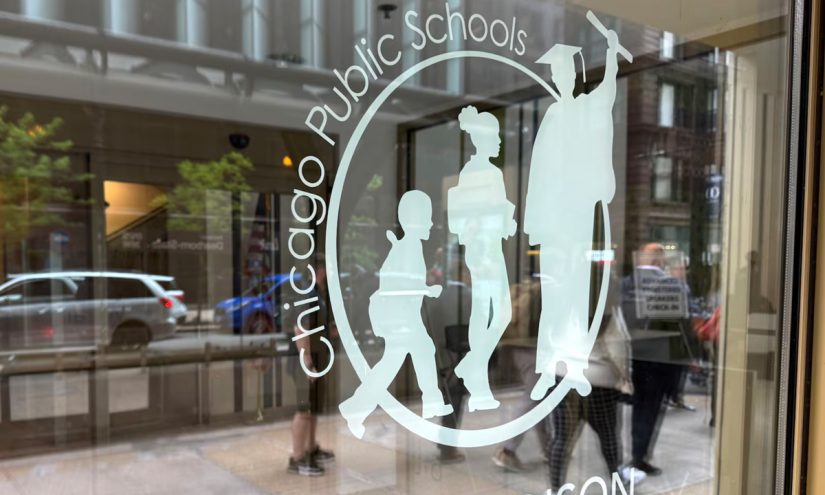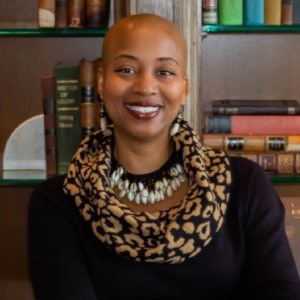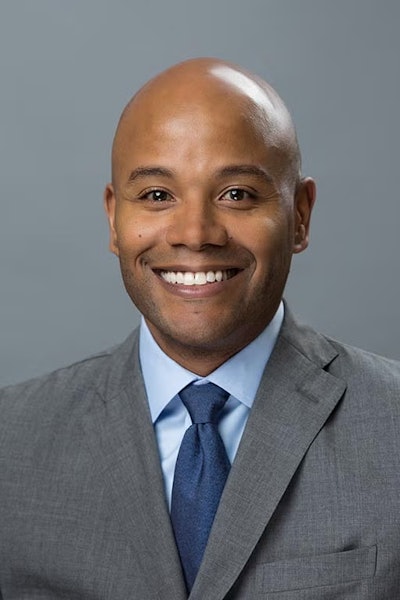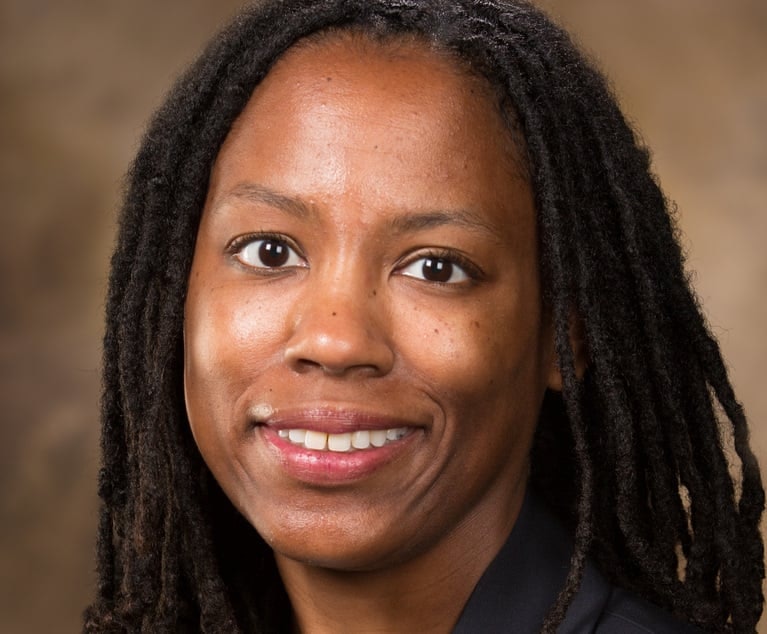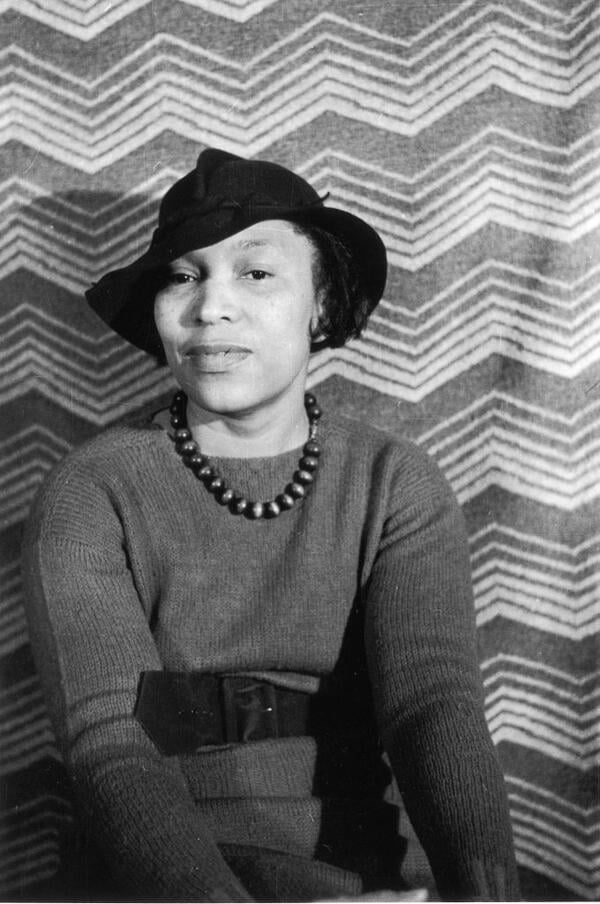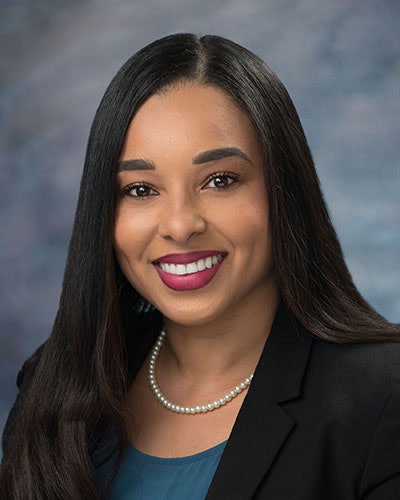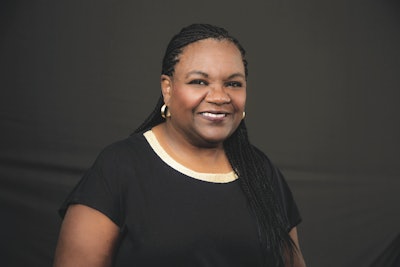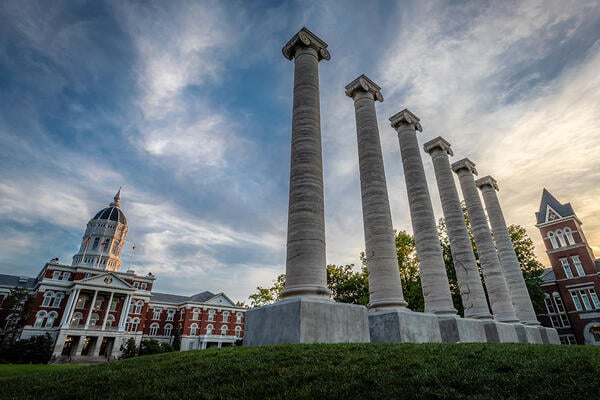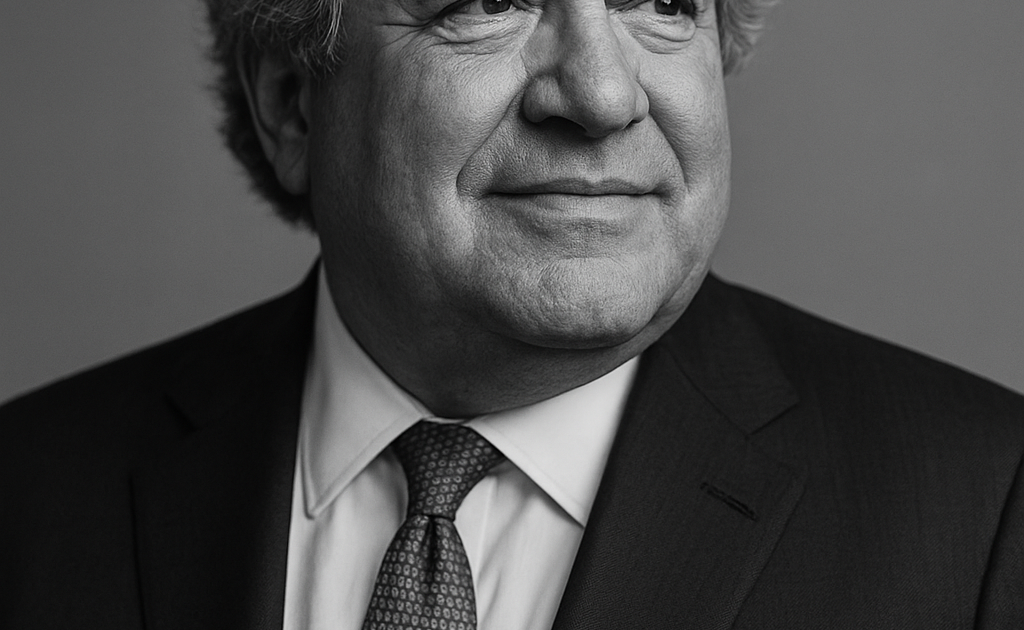Get stories like this delivered straight to your inbox. Sign up for The 74 Newsletter
The Trump administration says it will withhold some federal funding from Chicago Public Schools over an initiative to improve outcomes for Black students and guidelines allowing transgender students to play sports and use facilities based on the gender with which they identify.
Craig Trainor, the acting assistant secretary of civil rights in the U.S. Department of Education, wrote the district Tuesday saying his office has found CPS violated anti-discrimination laws and will lose grant dollars through the Magnet School Assistance Program. The district, with a budget of roughly $10.2 billion, has a five-year, $15 million Magnet Schools Assistance Program grant it received last year.
The feds are demanding that the district abolish the Black Student Success Plan it unveiled in February and issue a statement saying it will require students to compete in sports or use locker rooms and bathroom facilities based on their biological sex at birth, among other demands.
However, Illinois law conflicts on both fronts, putting CPS in a difficult position. The state issued guidance in March that outlines compliance with the Illinois Human Rights Law, including that schools must allow transgender students access to facilities that correspond to their gender identity. Separately, an Illinois law passed in 2024 requires the Chicago school board to have a Black Student Achievement Committee and plan for serving Black students.
Chicago Public Schools said Wednesday in an emailed statement that it “does not comment on ongoing investigations.” Previously, its leaders have said that the Black Students Success Plan is a priority to address longstanding academic and discipline disparities that Black students face. They have vowed to forge ahead with the five-year plan in defiance of the Trump administration’s crackdown on race-based initiatives.
Chicago Mayor Brandon Johnson said earlier this year that he would take the Trump administration to court if it takes federal funding away from CPS because of the district’s diversity, equity, and inclusion efforts. His office also did not immediately respond to a request for comment.
In response to a complaint from a Virginia-based conservative nonprofit earlier this year, the Education Department’s Office for Civil Rights opened an investigation into the Black Student Success Plan, which sets goals to double the number of male Black teachers, reduce Black student suspensions, and teach Black history in more classrooms. Trainor said in his department’s interpretation, the initiative runs afoul of a U.S. Supreme Court decision last year banning the consideration of race in college admissions by offering added support to Black students and teachers exclusively.
“This is textbook racial discrimination, and no justification proffered by CPS can overcome the patent illegality of its racially exclusionary plan,” he wrote.
The OCR also launched an investigation in March of CPS, the Illinois State Board of Education, and suburban Deerfield Public School District 109 to look into their policies on transgender students using facilities and participating in school sports. Trainor said Chicago’s Guidelines Regarding the Support of Transgender and Gender Nonconforming Students violate Title IX, the federal law that prohibits discrimination on the basis of sex in education.
District officials told Chalkbeat recently that the members of a new school board Black Student Achievement Committee tasked with overseeing the plan’s rollout will be unveiled later this month.
Stacy Davis Gates, the president of the Chicago Teachers Union, issued a statement decrying the federal move to withhold funds from CPS and saying the district will stay the course.
“We will not back down,” she said in the statement. “We will not apologize. Our duty is to our students, and no amount of political bullying will shake our commitment to them.”
Chalkbeat is a nonprofit news site covering educational change in public schools.
Get stories like these delivered straight to your inbox. Sign up for The 74 Newsletter

